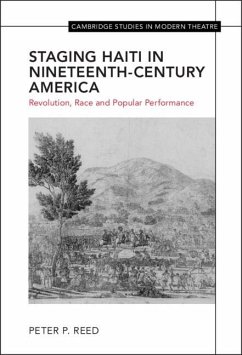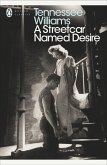American culture maintained a complicated relationship with Haiti from its revolutionary beginnings onward. In this study, Peter P. Reed reveals how Americans embodied and re-enacted their connections to Haiti through a wide array of performance forms. In the wake of Haiti's slave revolts in the 1790s, generations of actors, theatre professionals, spectators, and commentators looked to Haiti as a source of both inspiring freedom and vexing disorder. French colonial refugees, university students, Black theatre stars, blackface minstrels, abolitionists, and even writers such as Herman Melville all reinvented and restaged Haiti in distinctive ways. Reed demonstrates how Haiti's example of Black freedom and national independence helped redefine American popular culture, as actors and audiences repeatedly invoked and suppressed Haiti's revolutionary narratives, characters, and themes. Ultimately, Haiti shaped generations of performances, transforming America's understandings of race, power, freedom, and violence in ways that still reverberate today.
Dieser Download kann aus rechtlichen Gründen nur mit Rechnungsadresse in A, B, BG, CY, CZ, D, DK, EW, E, FIN, F, GR, HR, H, IRL, I, LT, L, LR, M, NL, PL, P, R, S, SLO, SK ausgeliefert werden.









